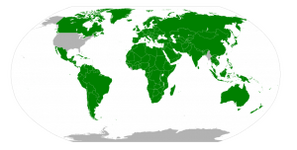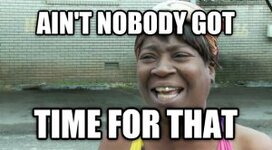A
Alistair Roberts
Guest
Yes I spelt it kilometres, not kilometers! The latter looks wrong and isn't the correct spelling in Australia or New Zealand. I suspect it might be American, even though they don't use it? Anyway, my question is which is best to use in a novel these days? If I was still in Australia there would be no question. Both countries went fully metric about 1973. However the UK is very piecemeal which seems rather silly. Most is metric, but not speed, which is still MPH (so few countries use that), and distance seems to be mostly miles but metric measurements are also use.
I'm in the middle of editing one of my novels, and into UK English which is in fact slightly different to Australian English. We have spoilt brats, but the UK only has spoiled brats! It's rather intriguing the differences we do have. Still, my novel is set in the 16th century, although that's kind of beside the point. What do publishers and readers prefer in the UK? I suspect the older ones want miles, where-as the younger ones might want kilometres for distance (nothing to do with speed)? Thoughts?
I'm in the middle of editing one of my novels, and into UK English which is in fact slightly different to Australian English. We have spoilt brats, but the UK only has spoiled brats! It's rather intriguing the differences we do have. Still, my novel is set in the 16th century, although that's kind of beside the point. What do publishers and readers prefer in the UK? I suspect the older ones want miles, where-as the younger ones might want kilometres for distance (nothing to do with speed)? Thoughts?


